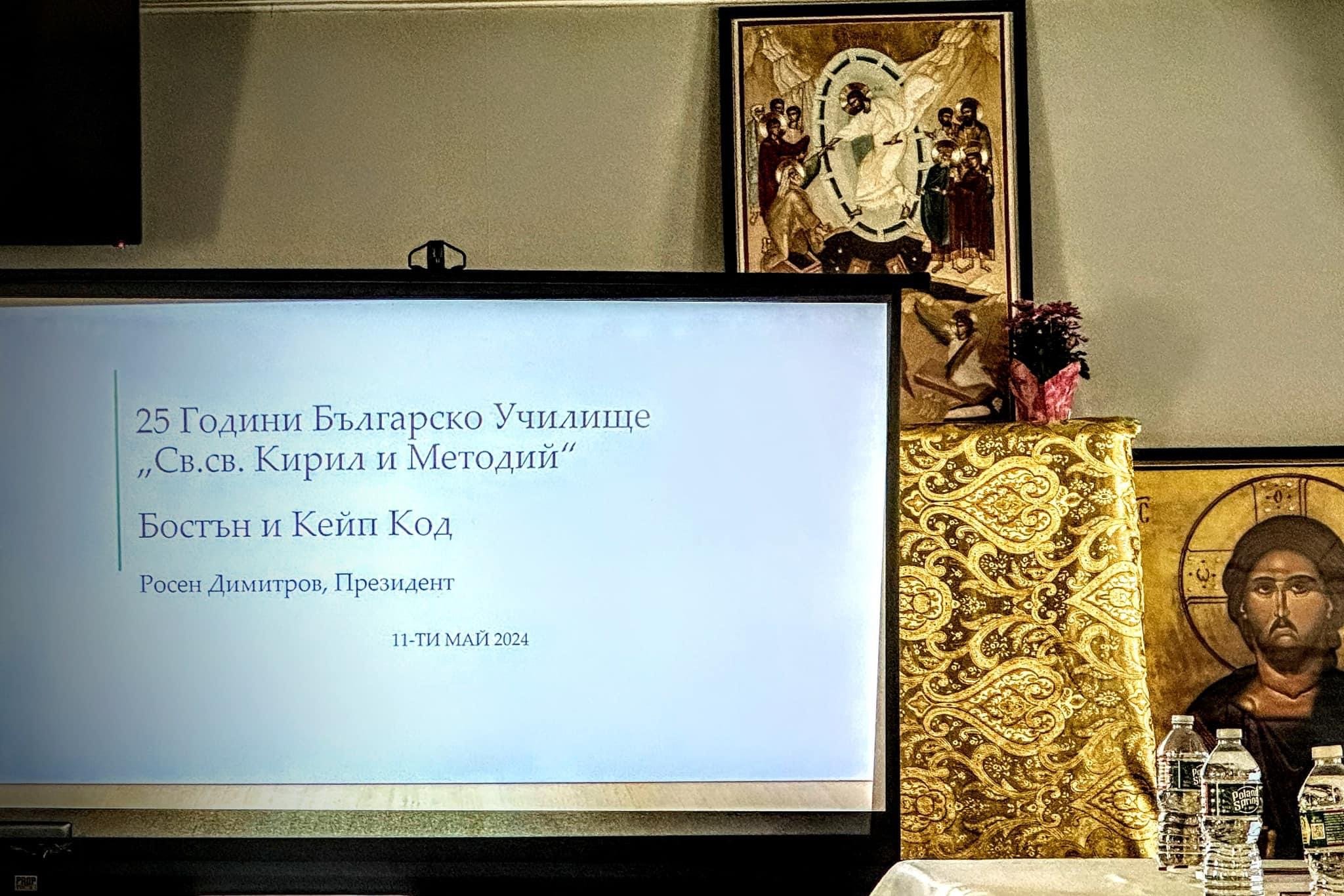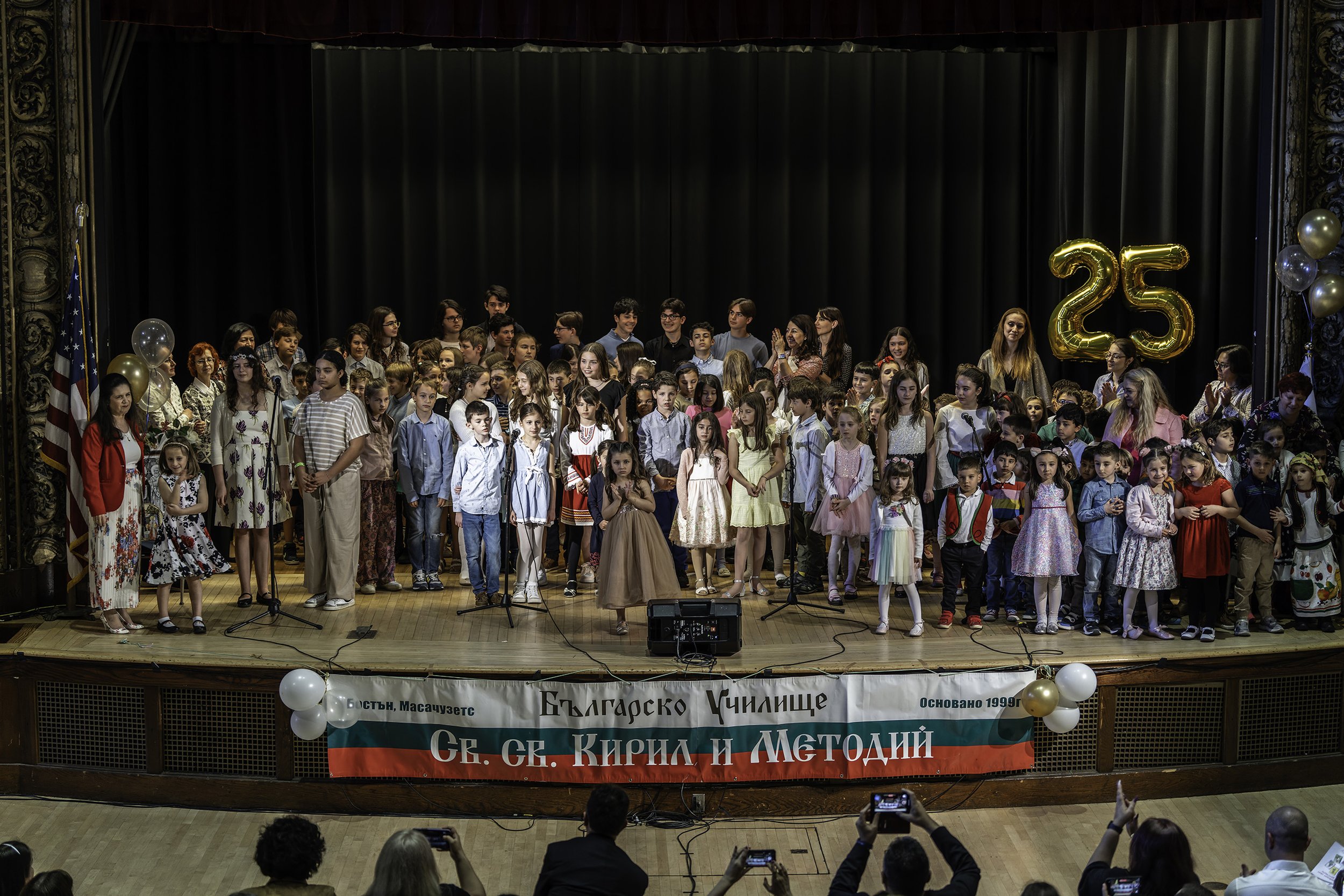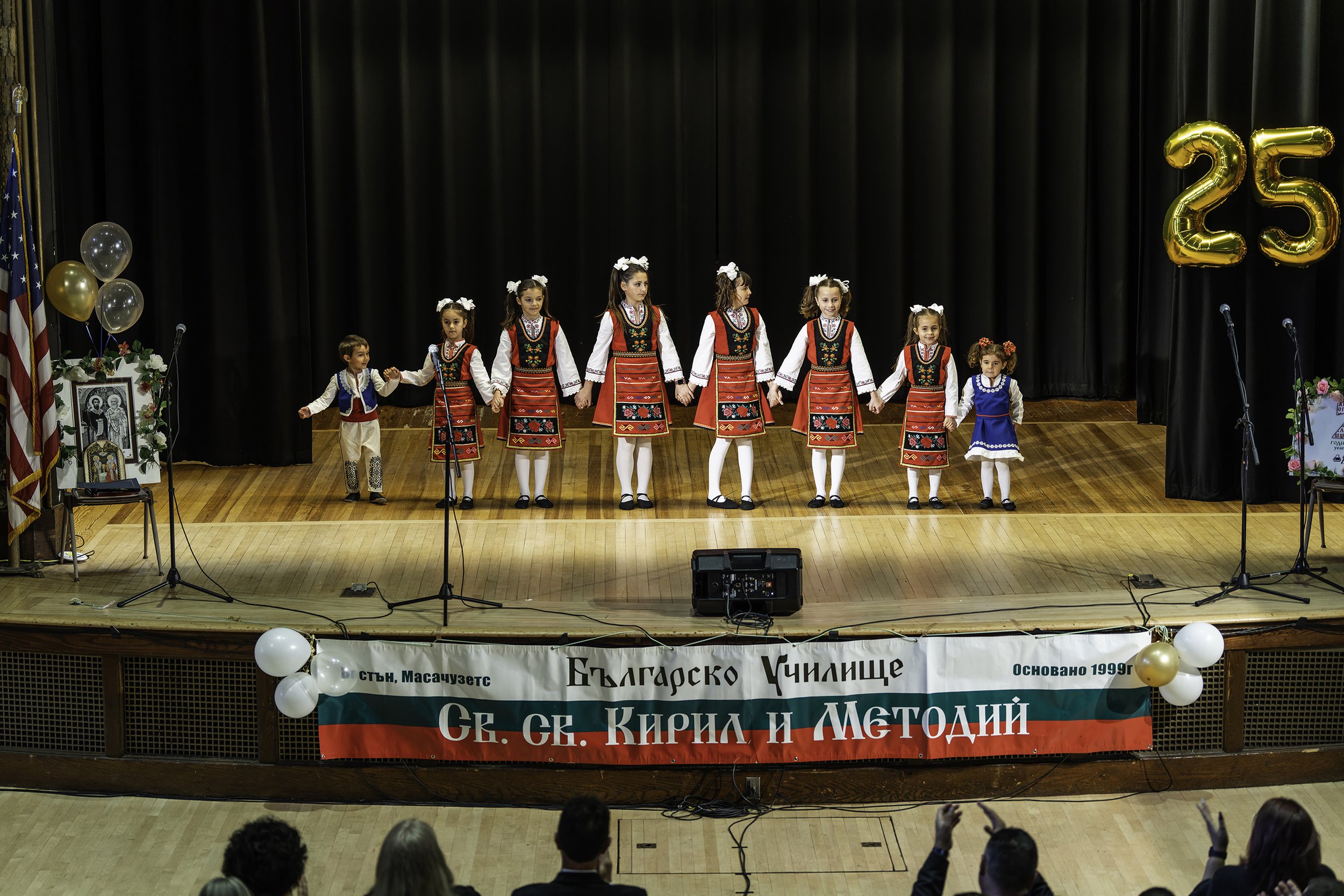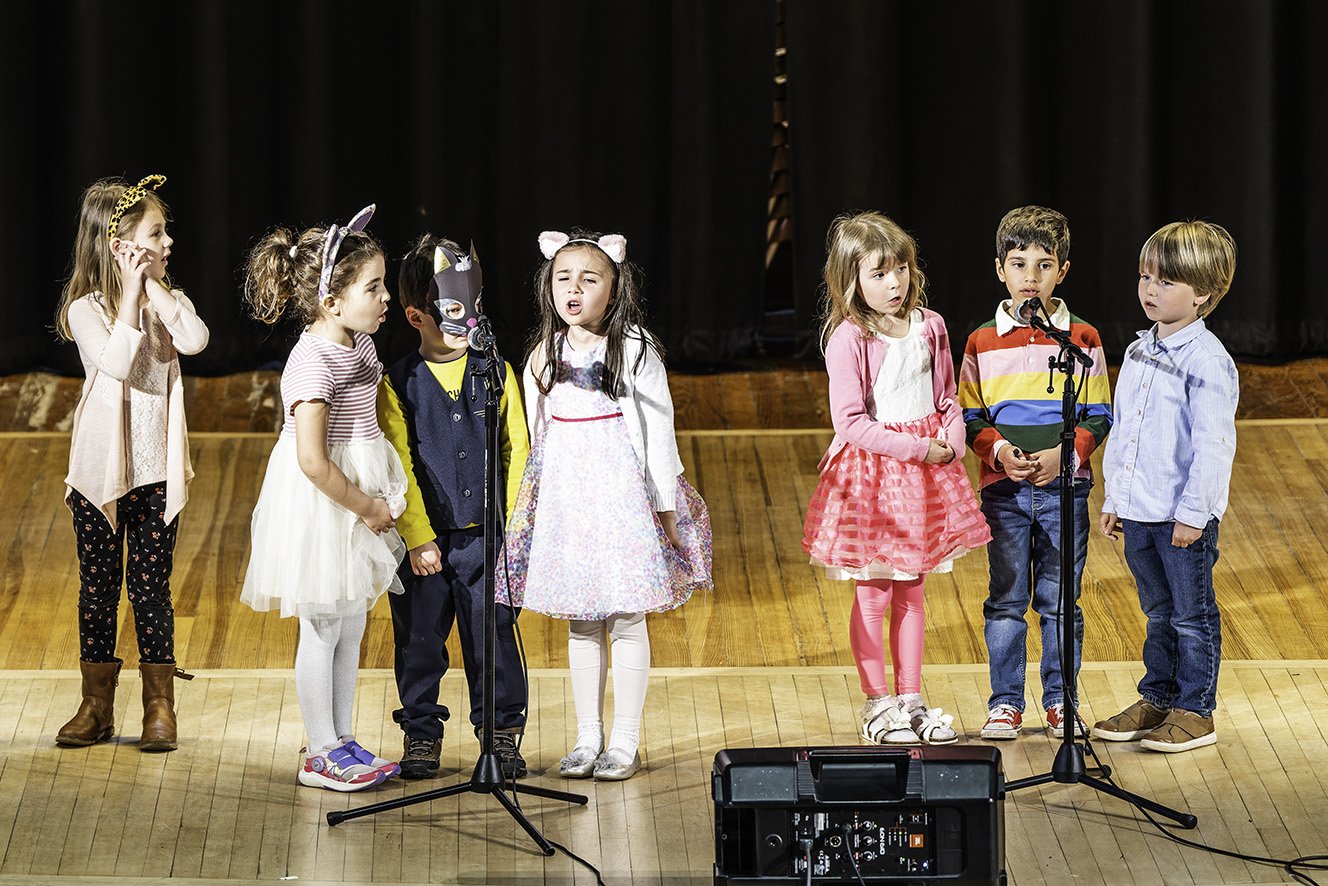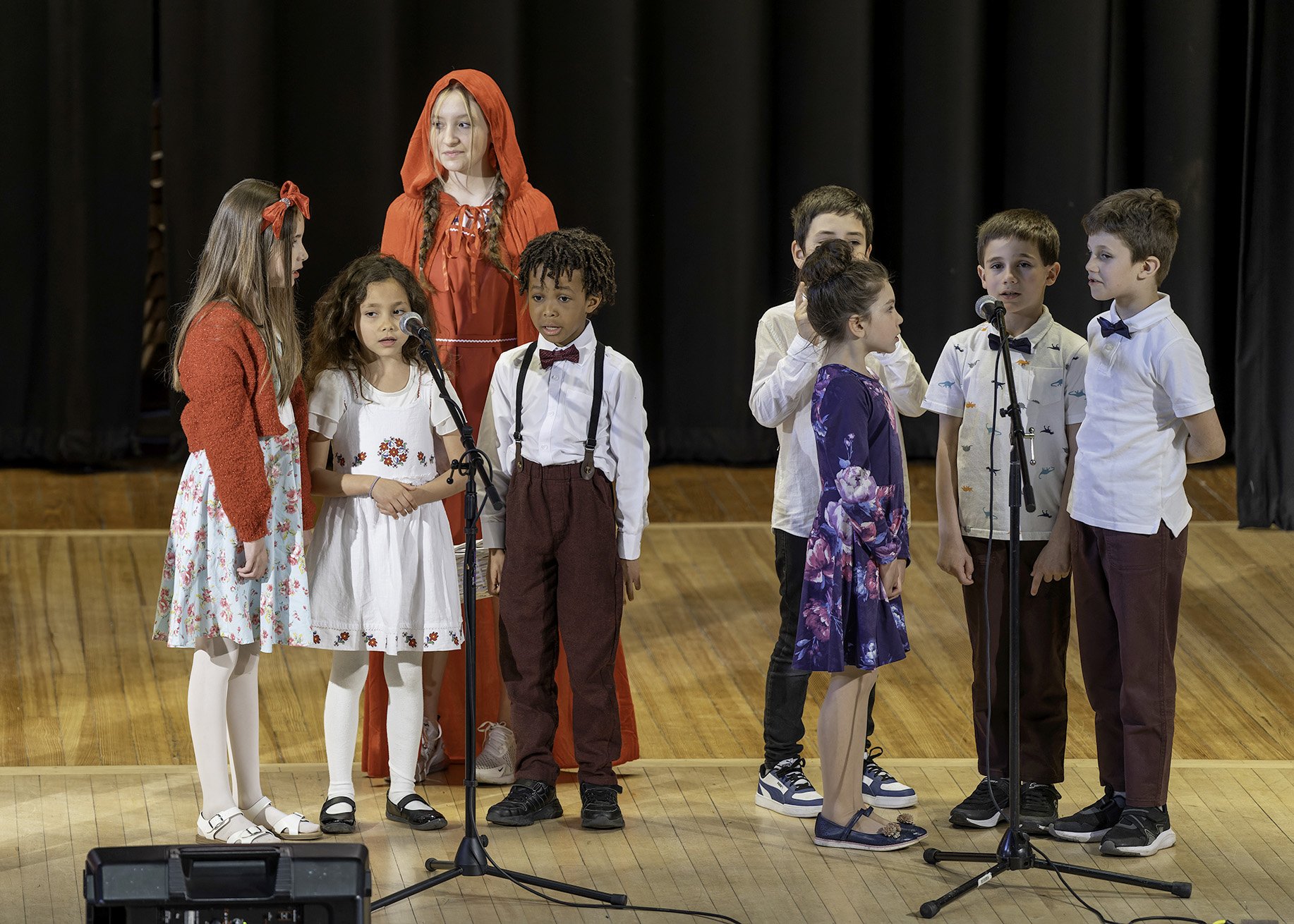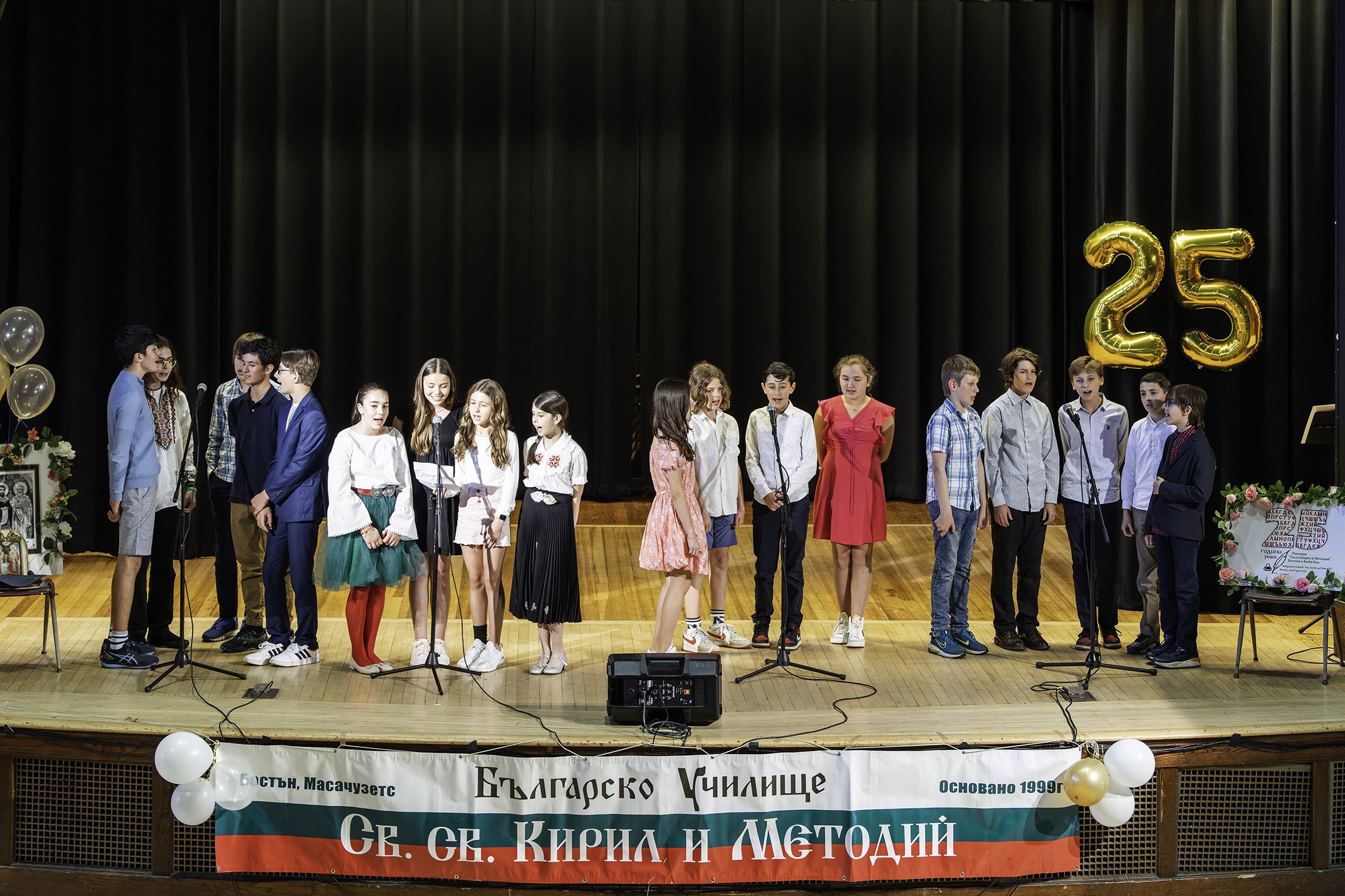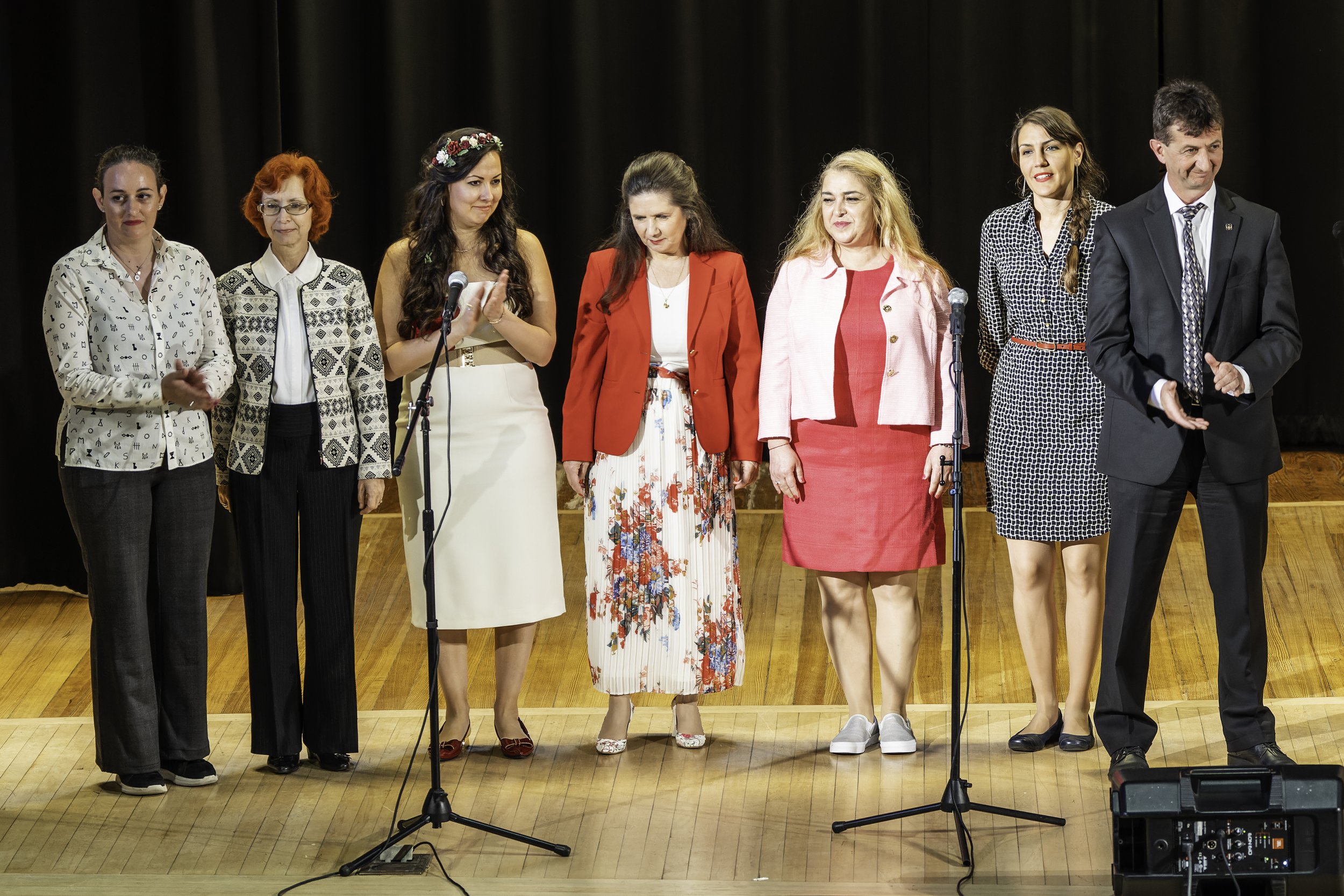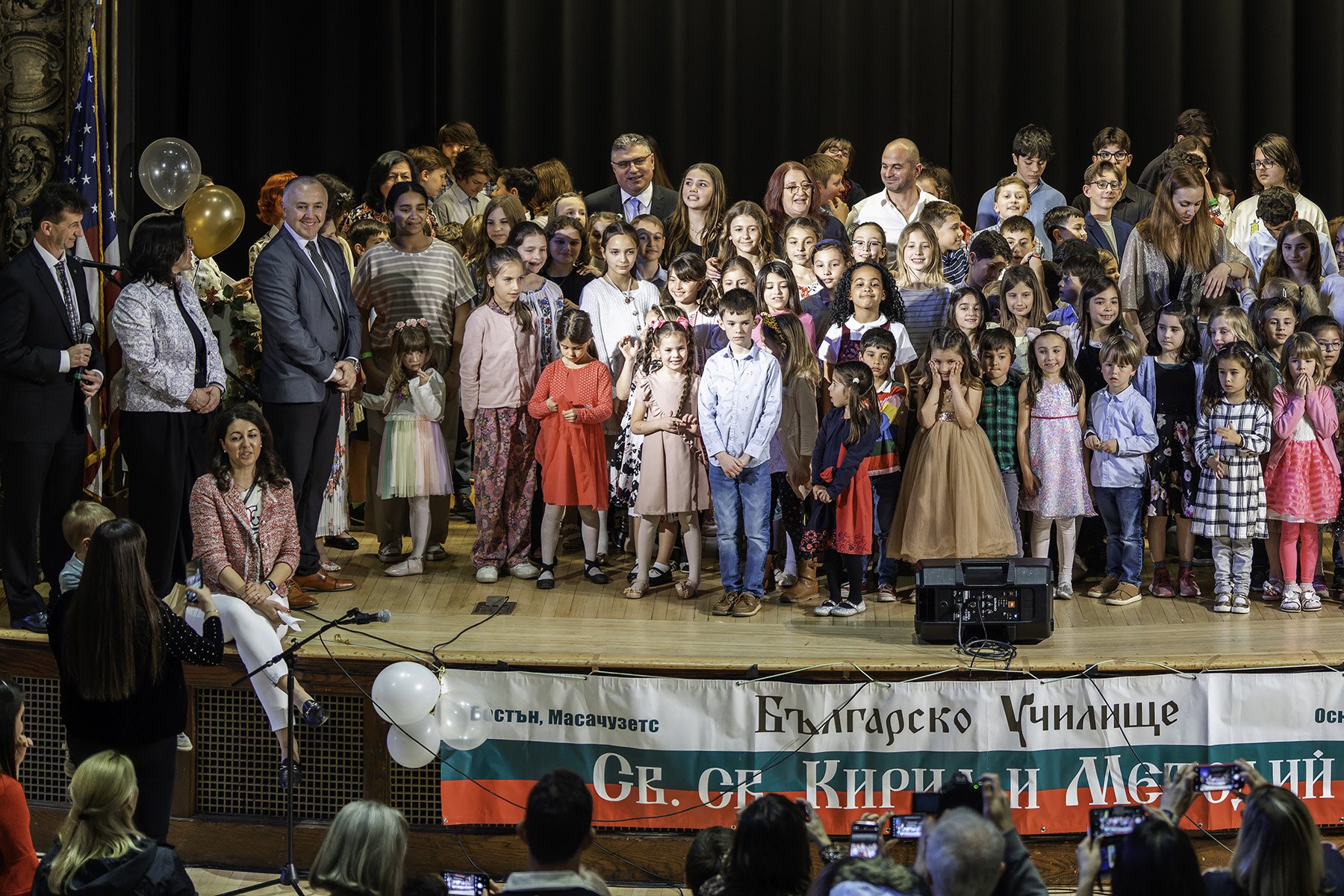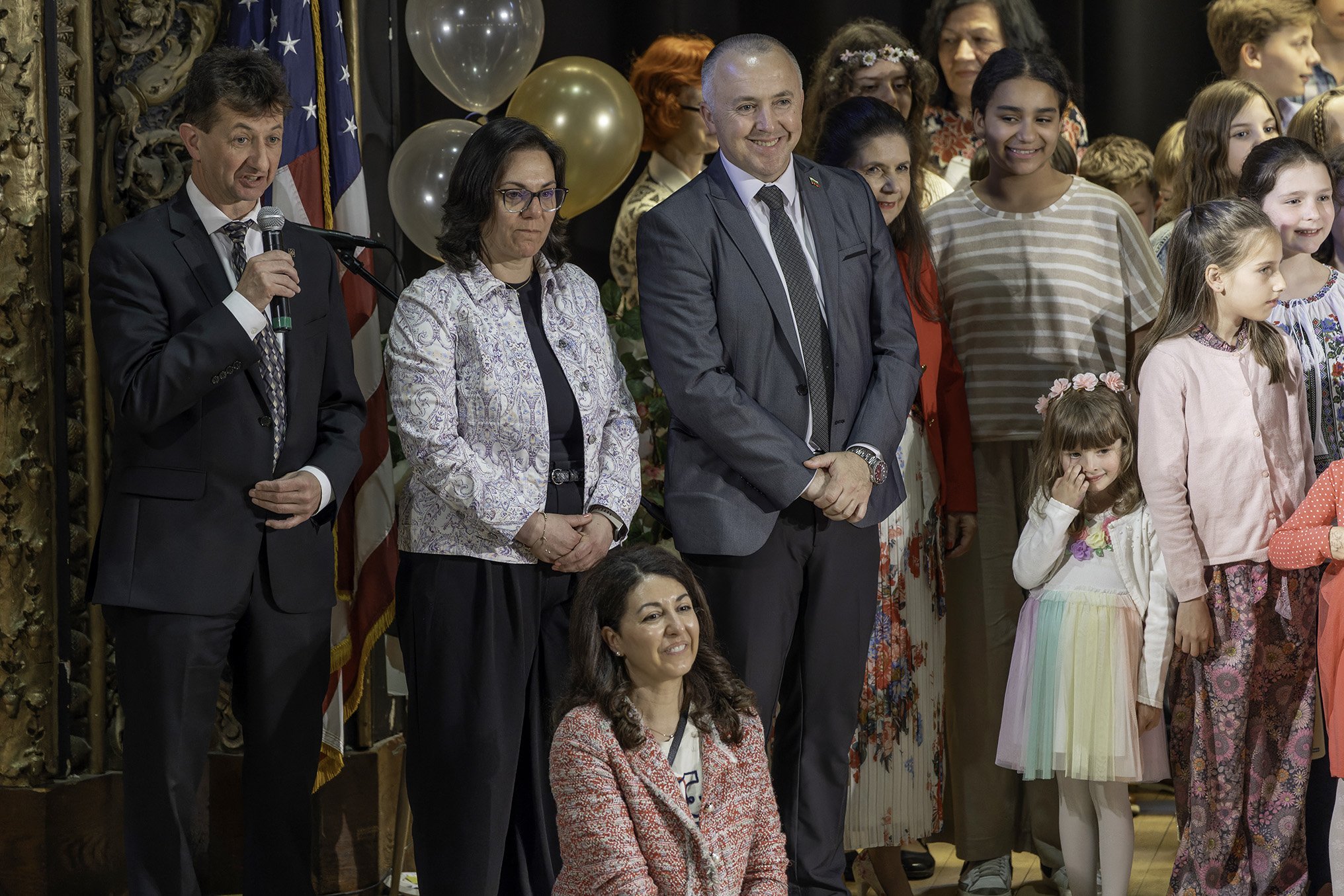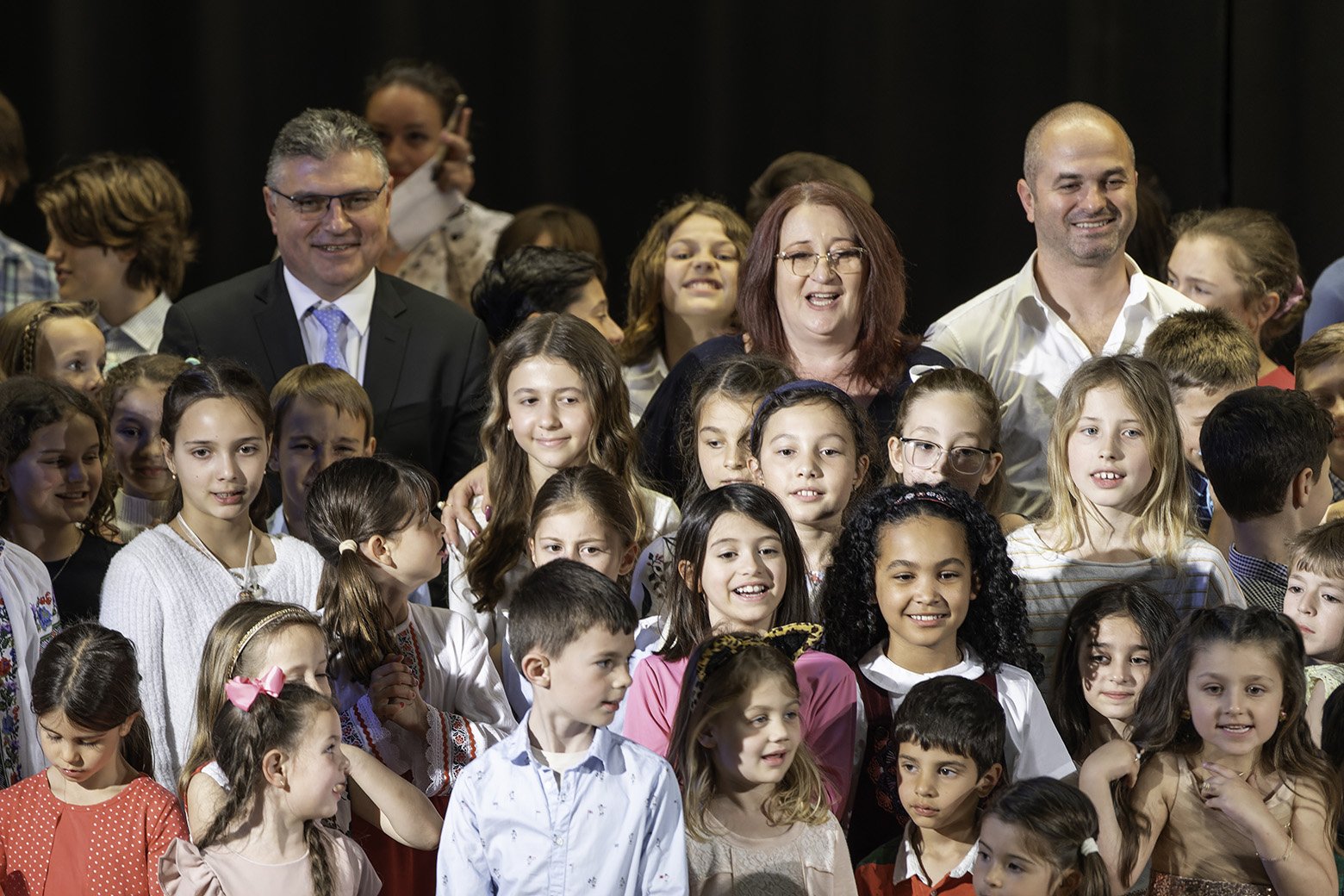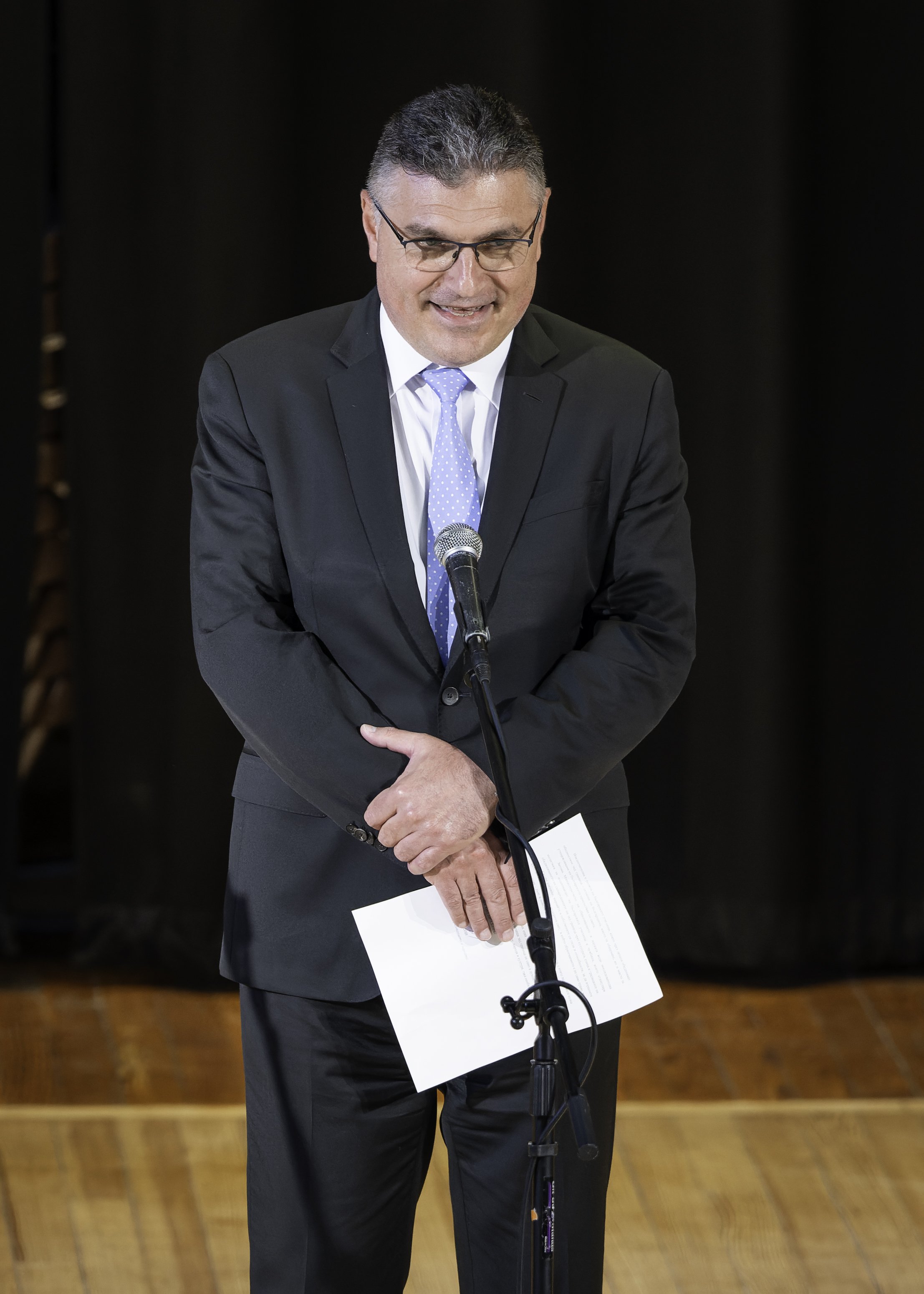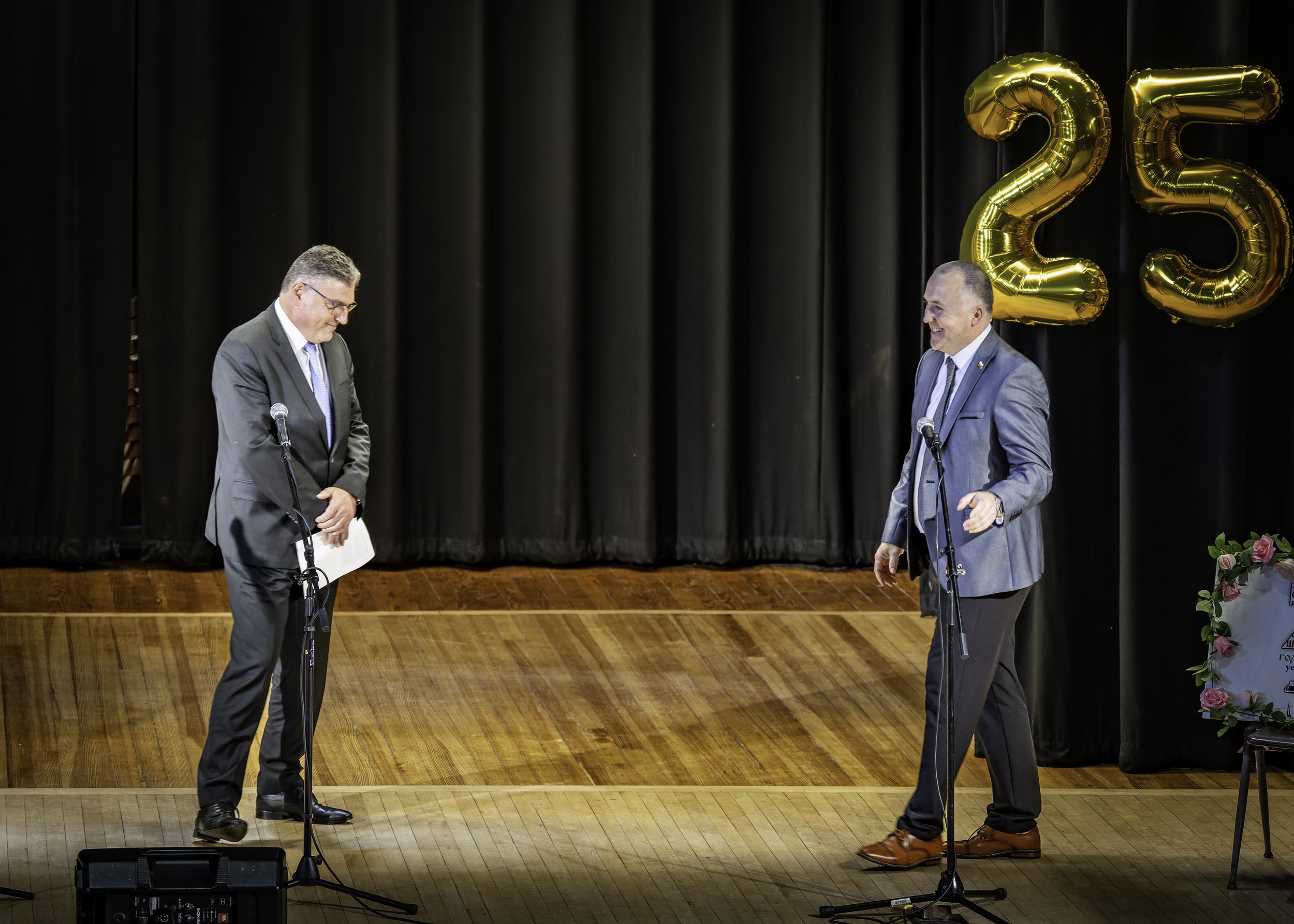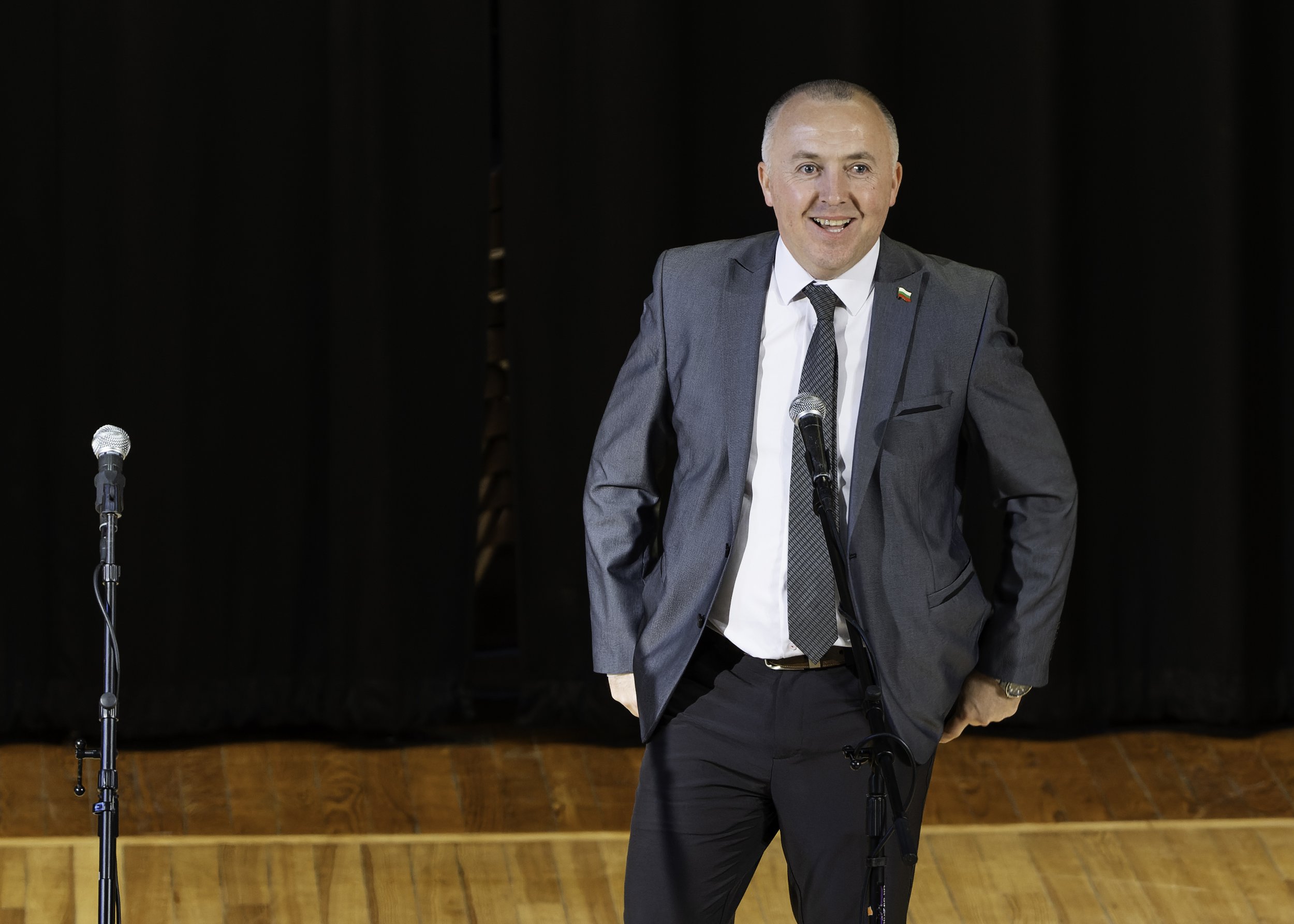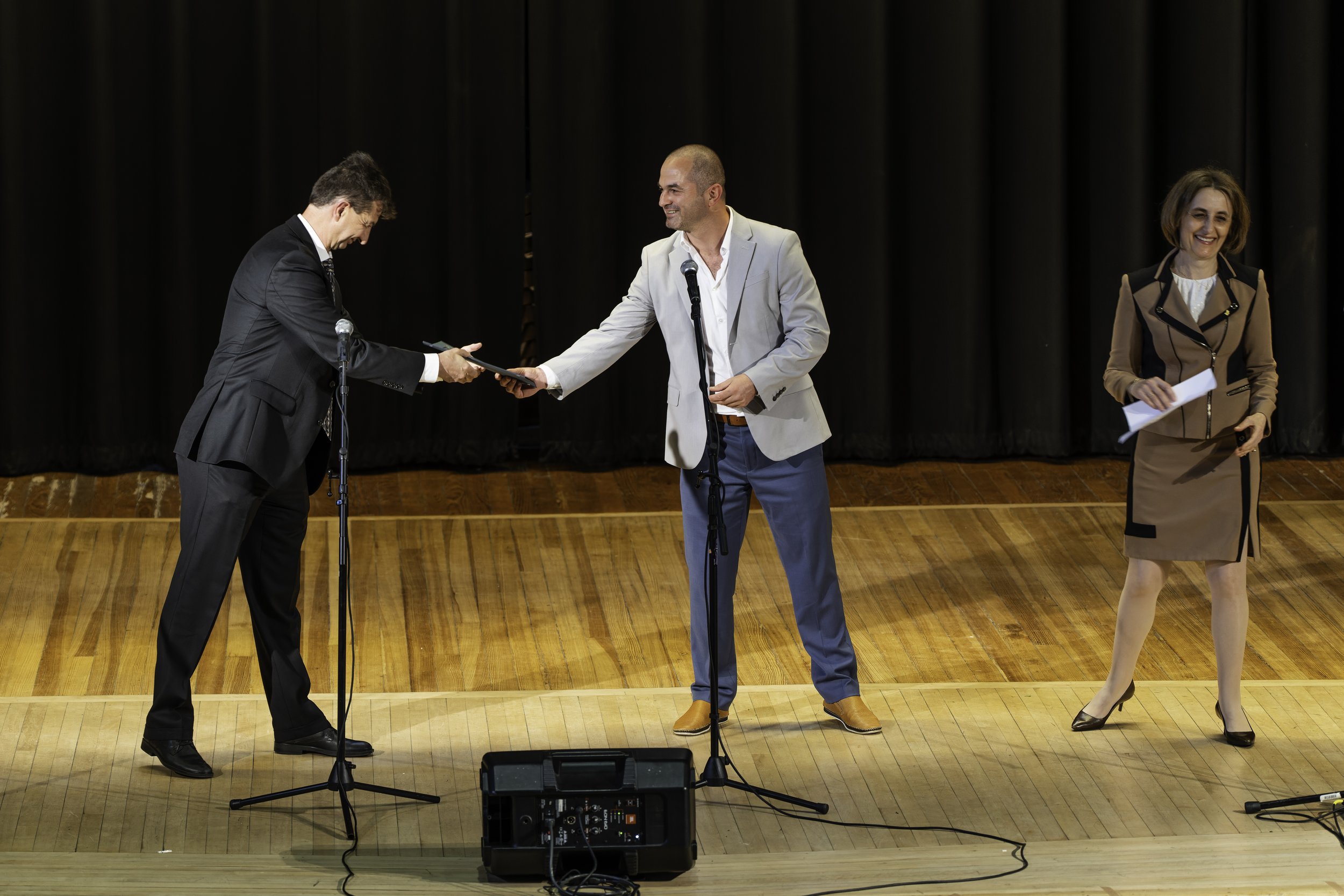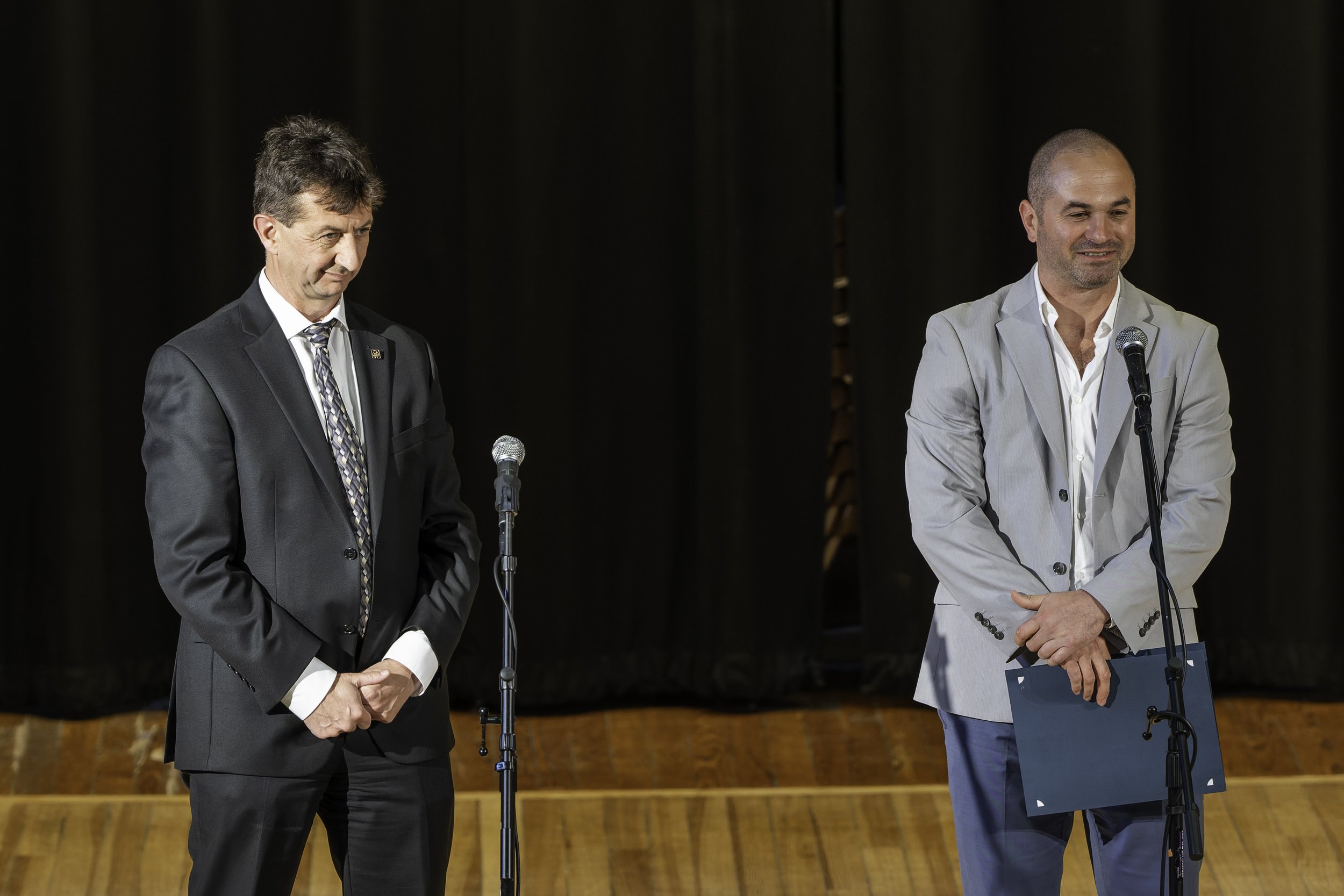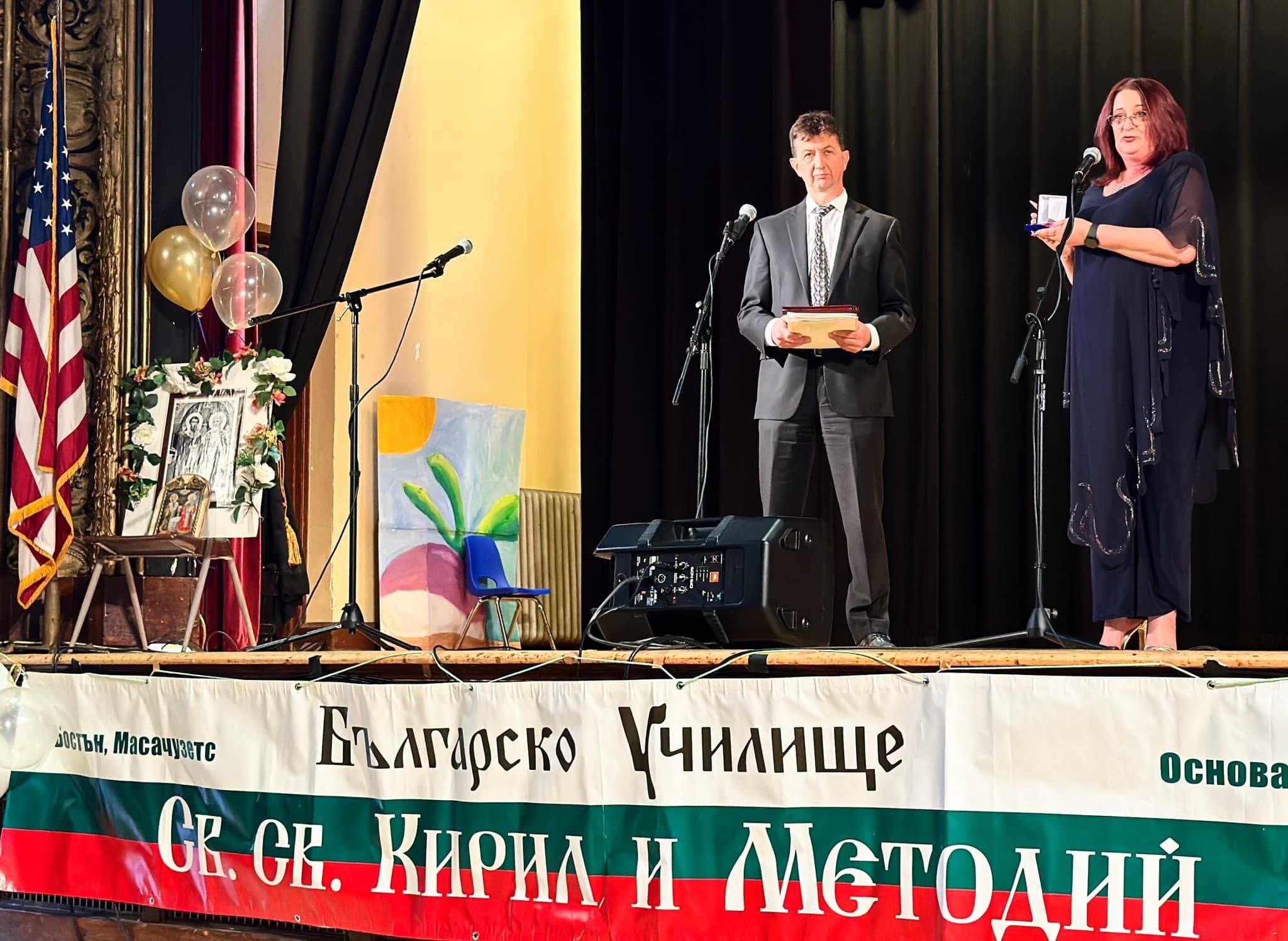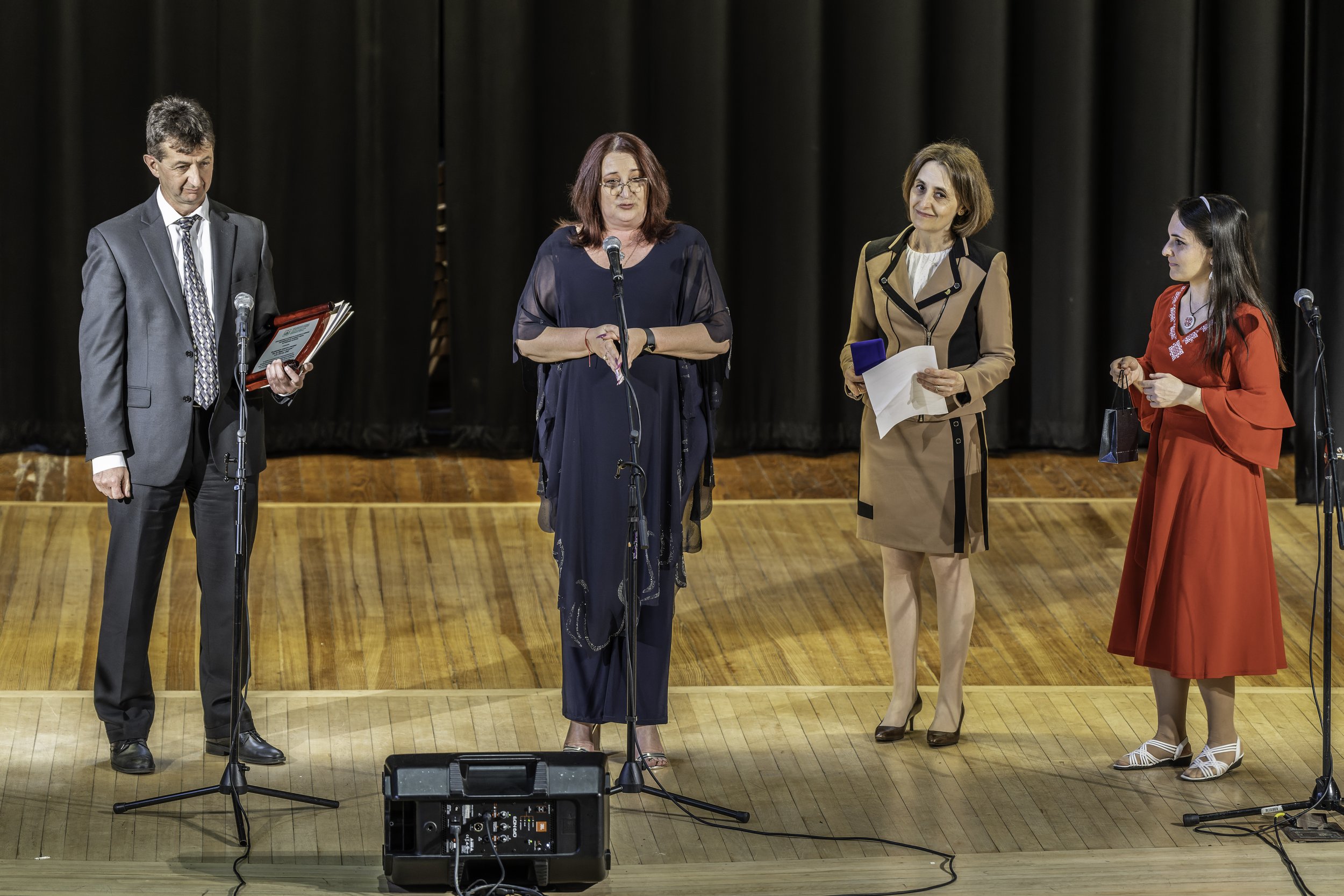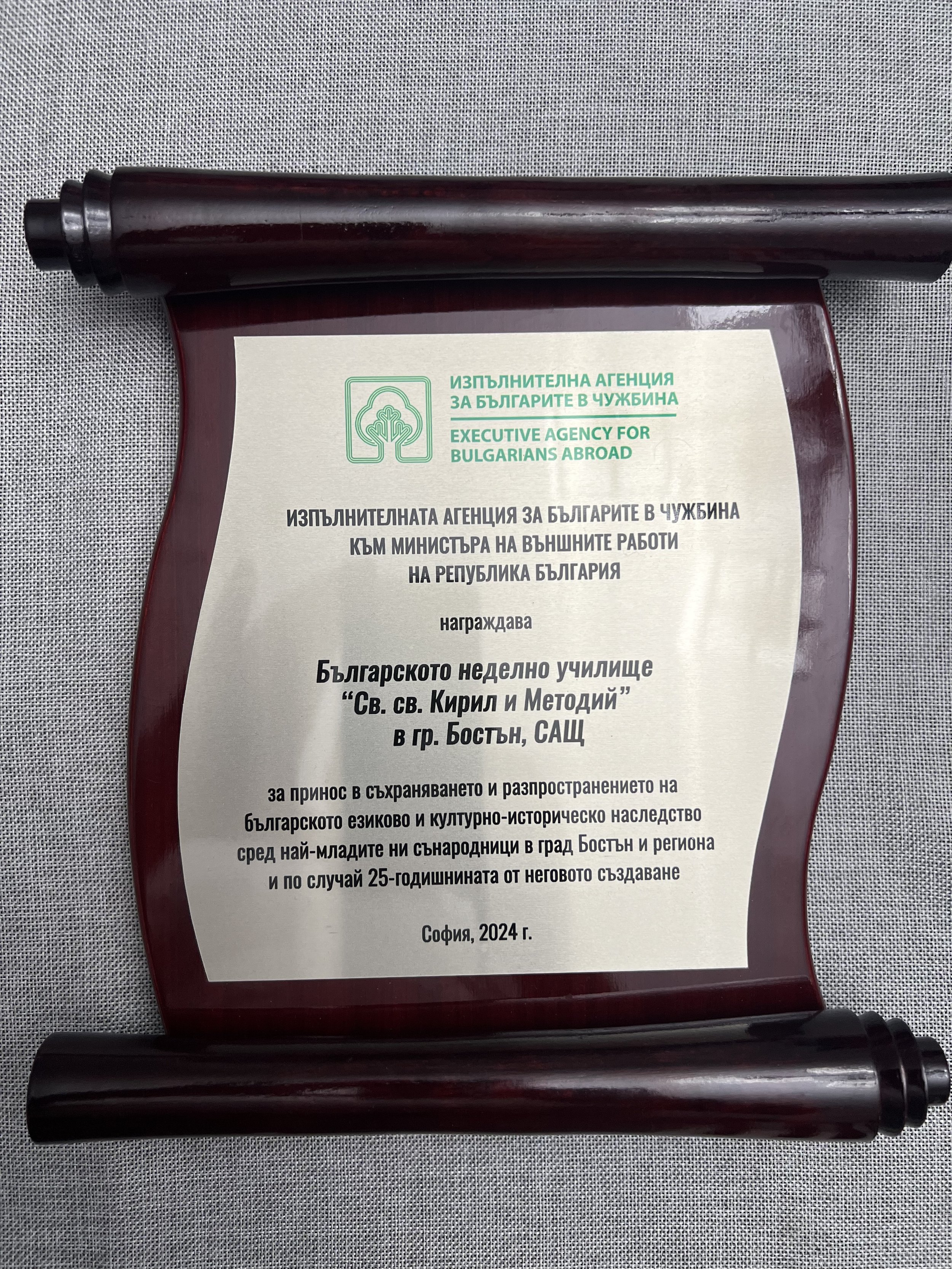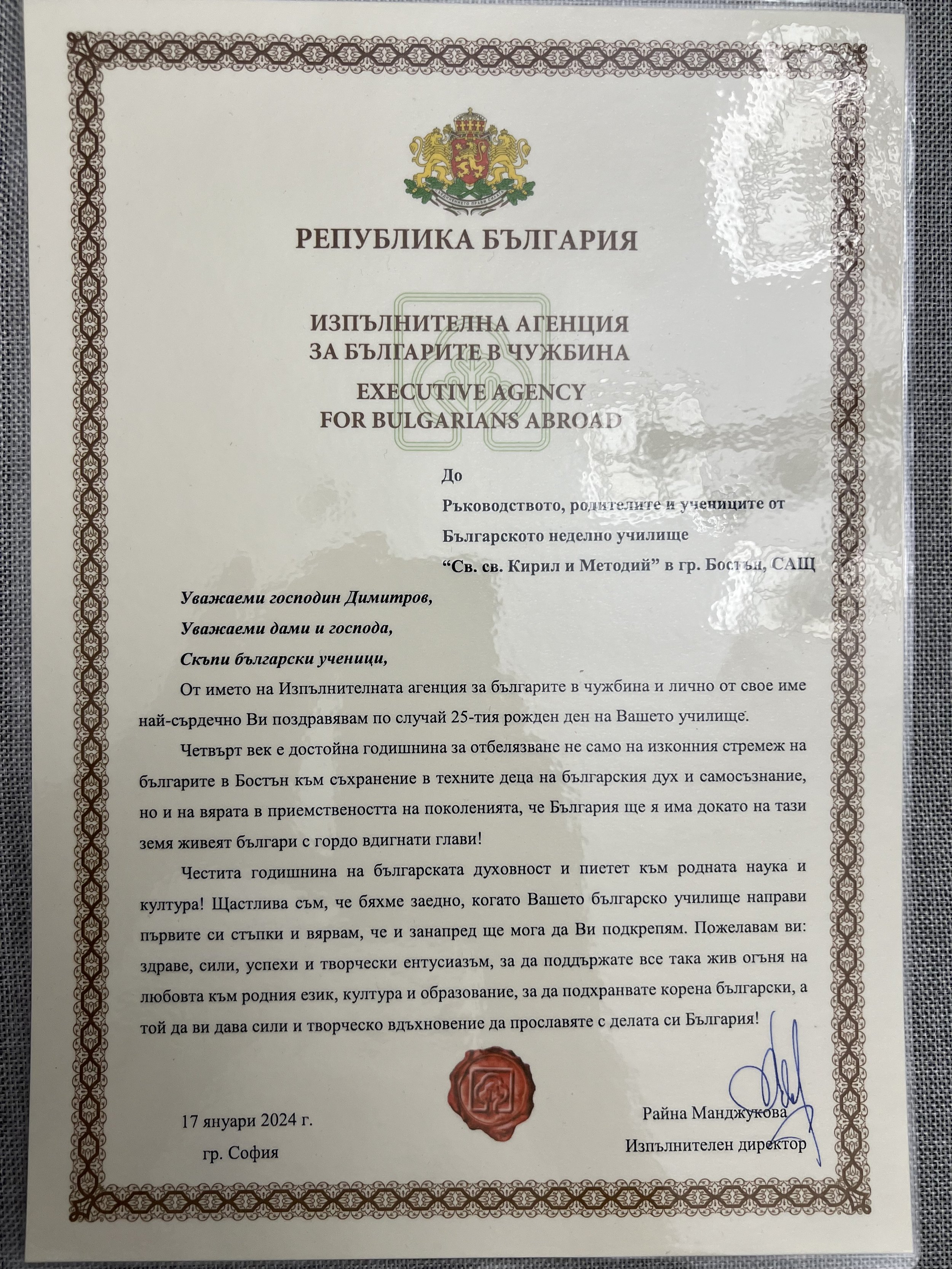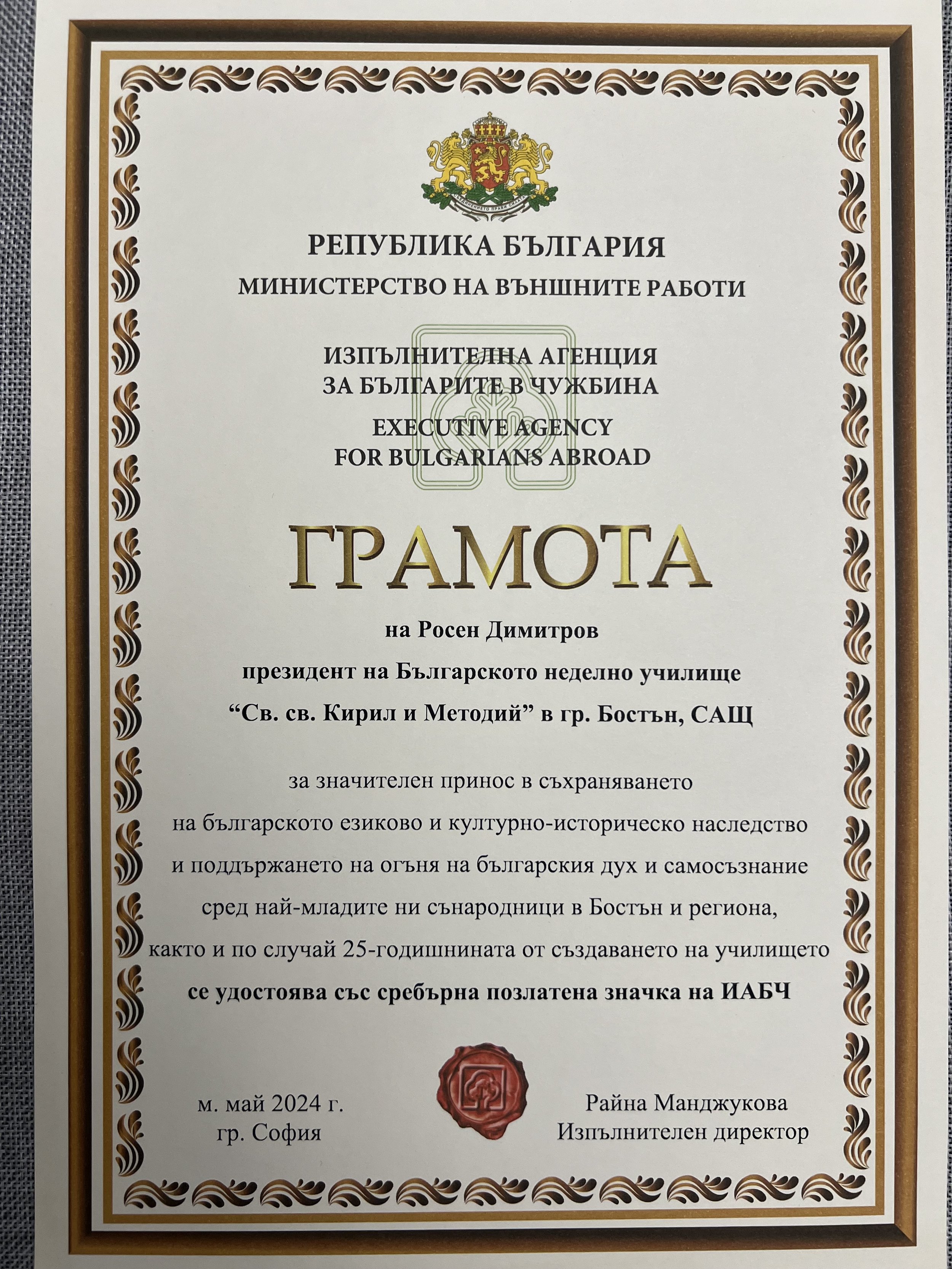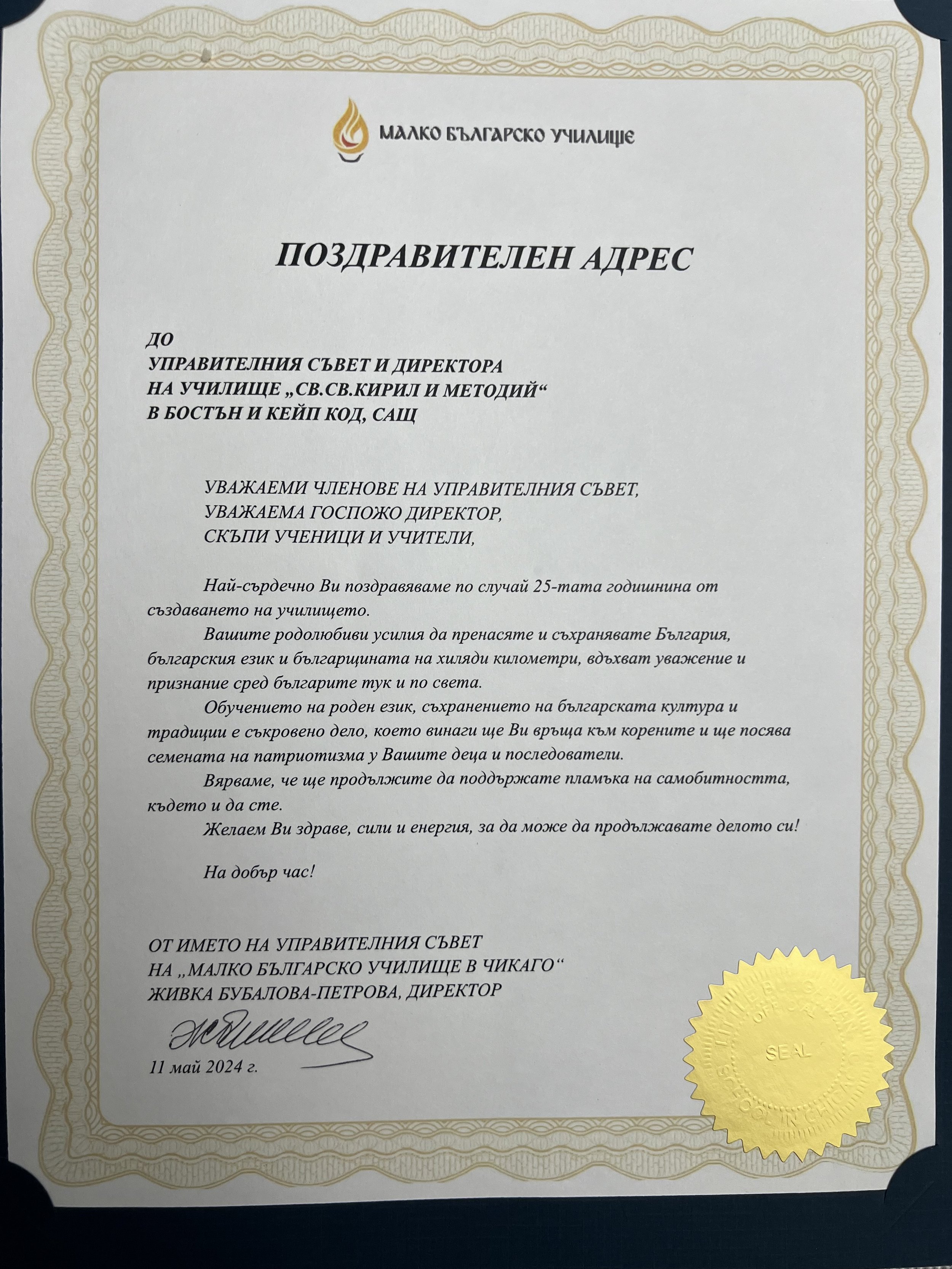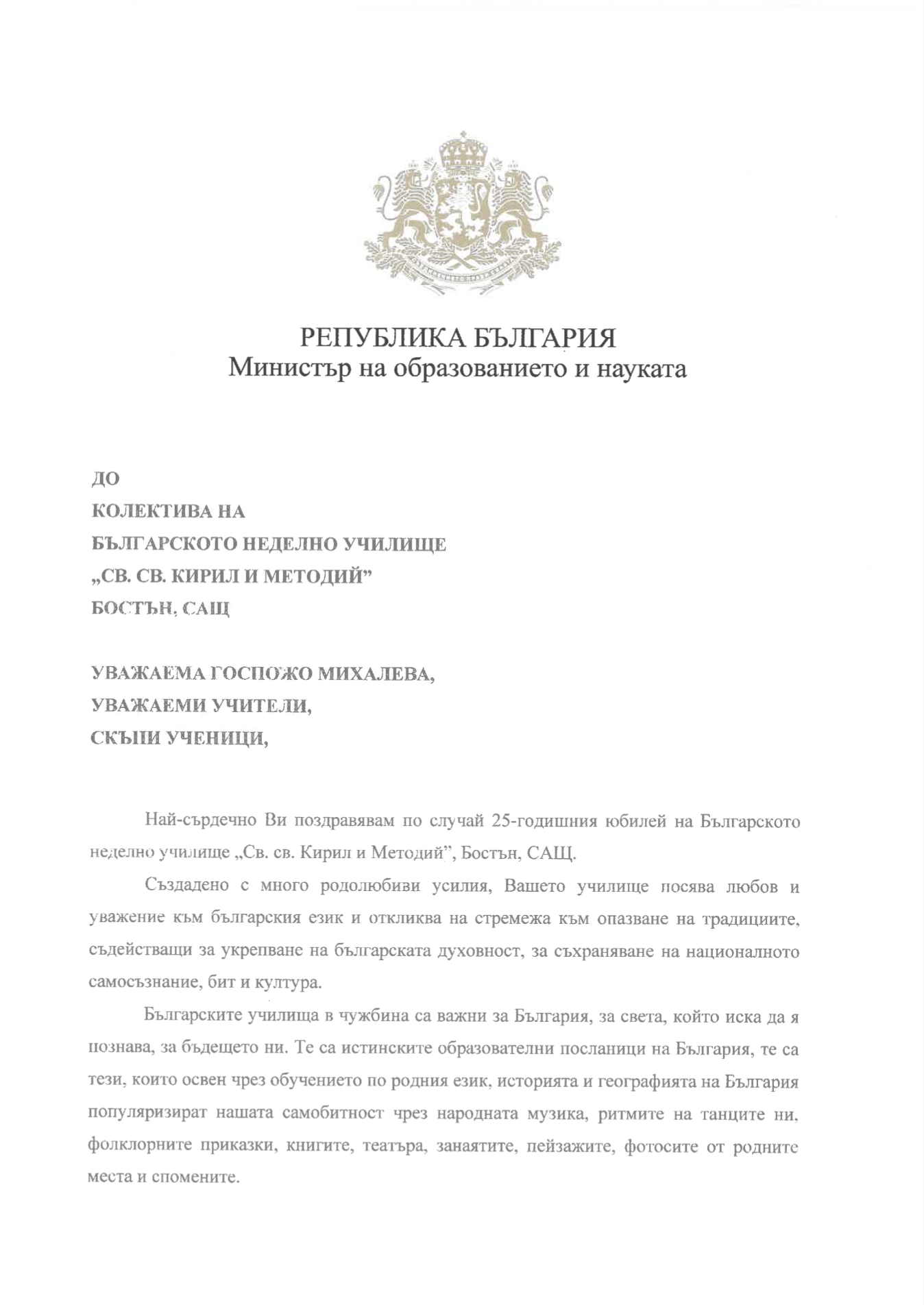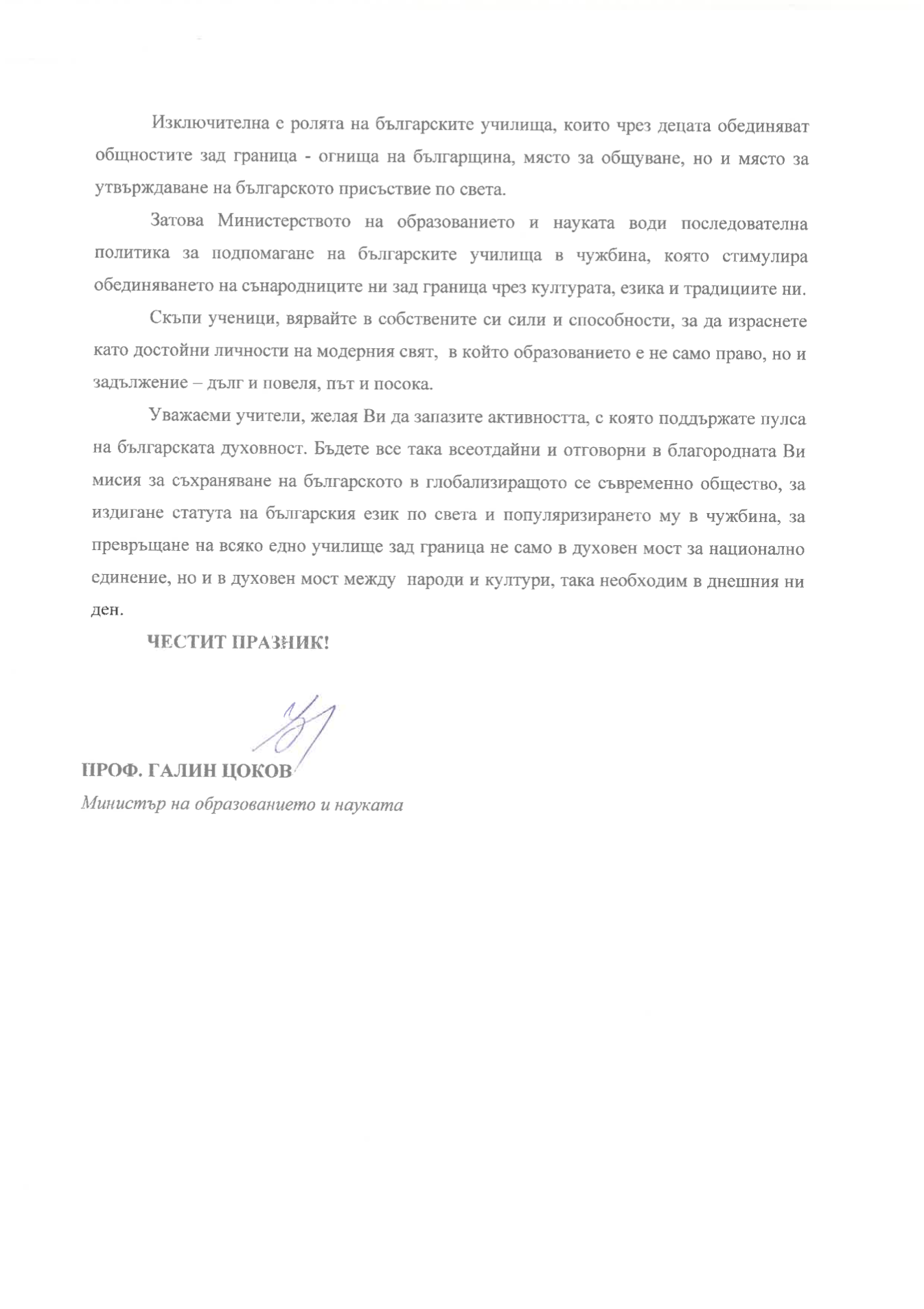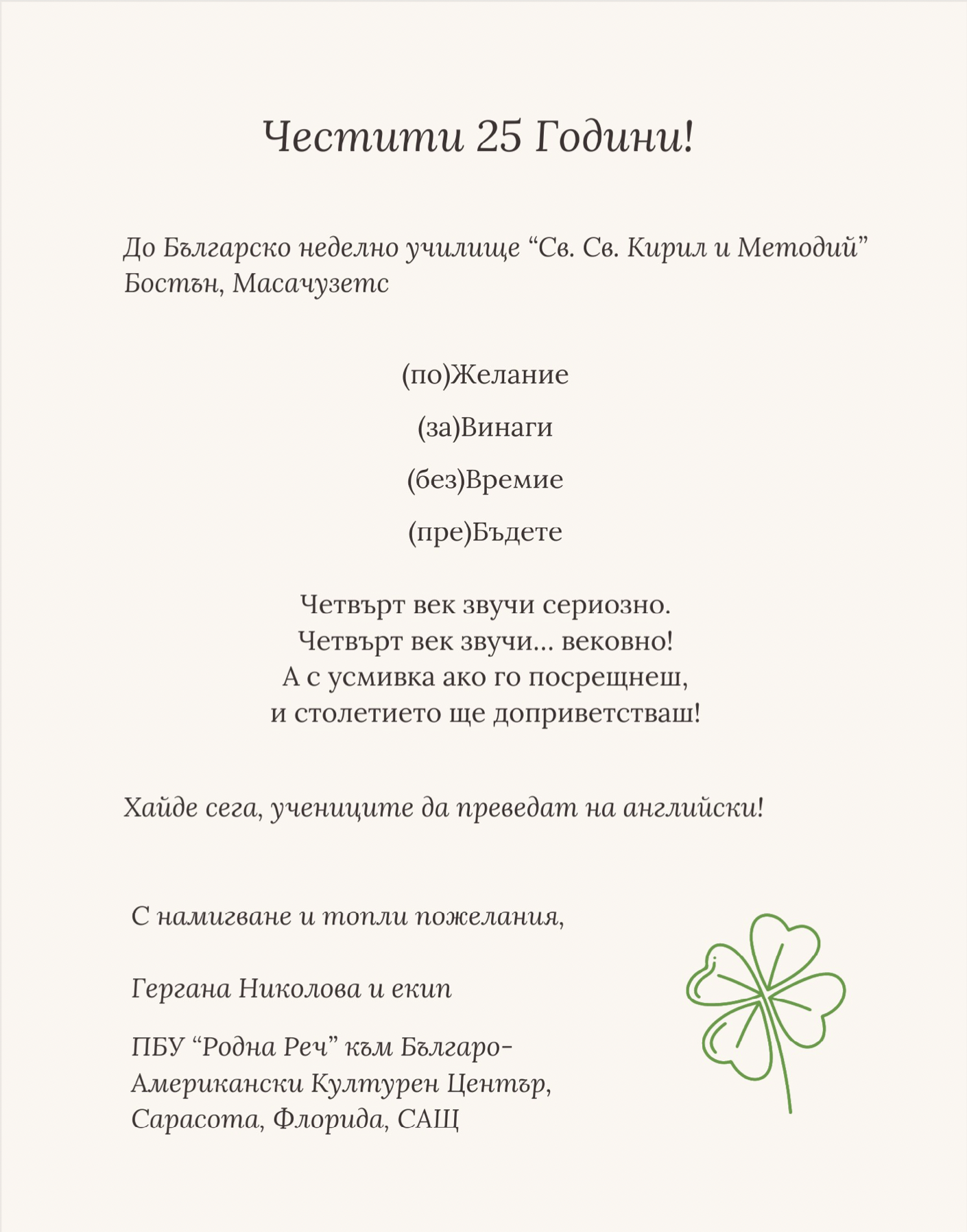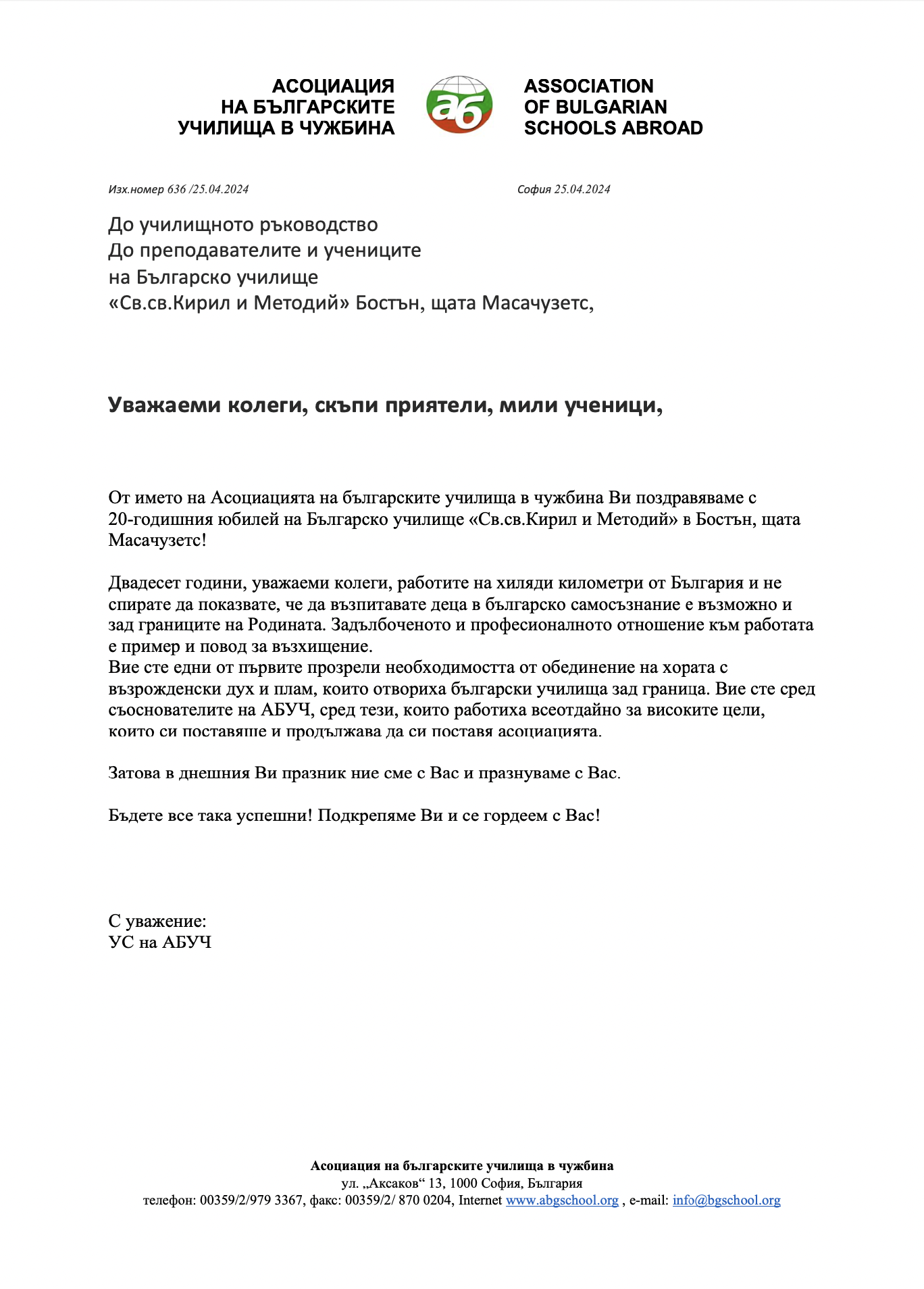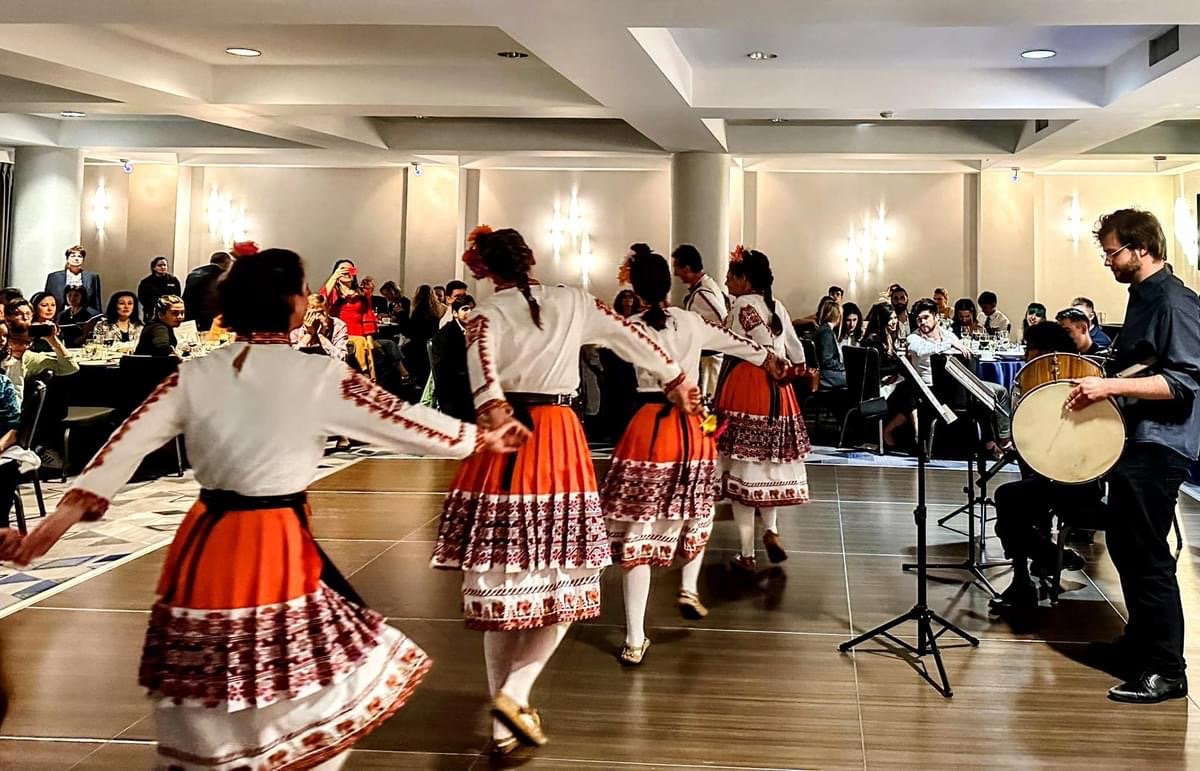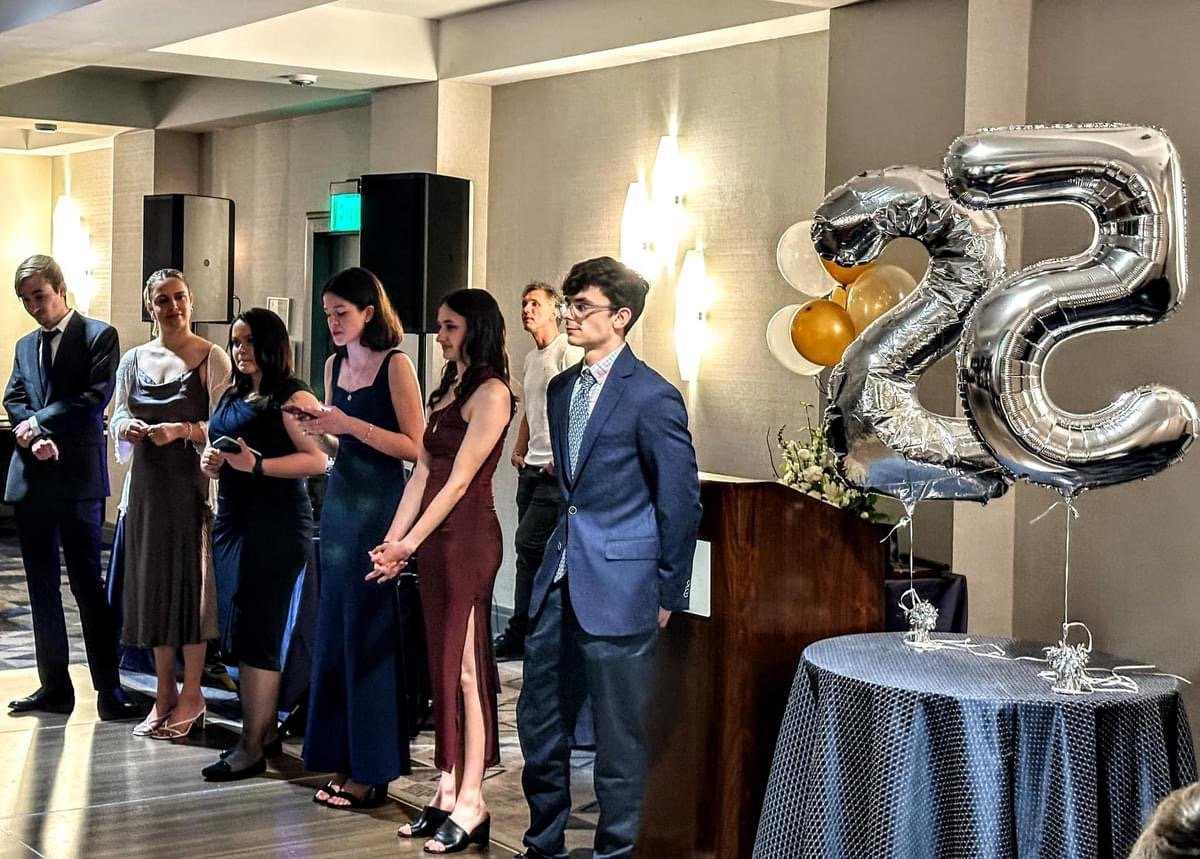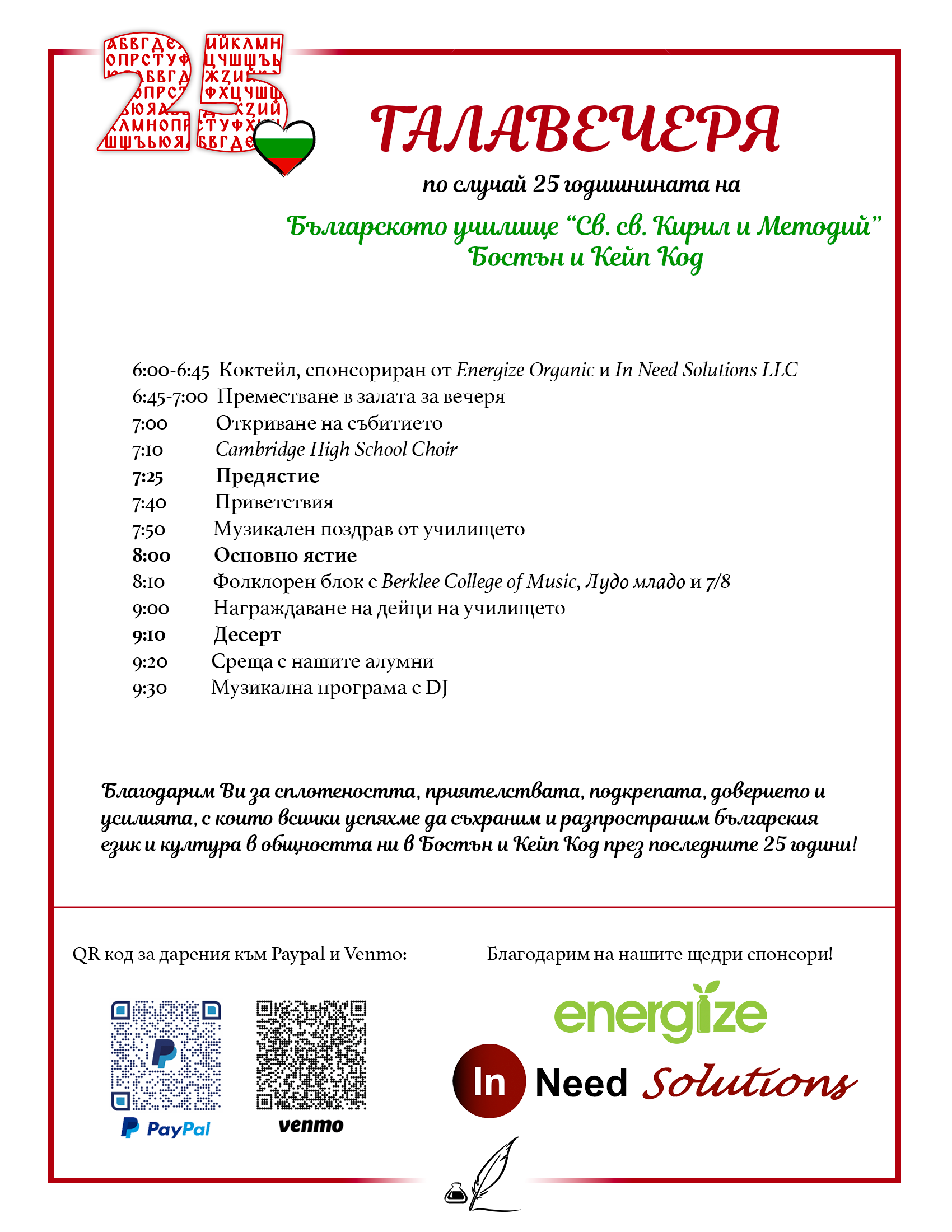Article prepared by: Snejana Iovtcheva
Technical layout by: Didi Hatcher
Christmas is a time when the world, wrapped in winter cold, seems to pause for a moment to warm up in anticipation of the new light. The air is filled with excitement, joy, and family gatherings. It is the best time when we are all together, creating, laughing, and learning through stories and projects. In these moments, warm popcorn, homemade sweets, and hot chocolate are must-have additions that make the Christmas time unforgettable.
During the first Saturdays of December in both branches of our school, students, parents, grandparents, helpers, and friends made traditional survaknitzi/survachki. In every room and at every table, the custom, its meaning, the Bulgarian roots, and traditions were discussed.










Our Christmas workshops at school are not just creative lessons. They are a symbolic passing down of cultural customs for the generations born outside of Bulgaria to experience, remember, and keep in their minds and hearts.















Every little hand that strung popcorn, wrapped colorful yarn, and hung a pretzel touched a custom with deep symbolism and tradition. A custom that unites and conveys the essence of Bulgarian kin and origin.









This year, as in previous years, the hand-making of Christmas cards and survaknitzi by our students was part of a social lesson and a positive example of giving and volunteering. The students not only made, but also arranged for sale their cards and survaknitzi in support of a Bulgarian organization. The organization that our school chose to support this year is the Bulgarian foundation "Teach for Bulgaria".








Sylvia Arharthy, a teacher from our Cape Cod branch, shared her feelings after the joyful workshop: "Our workshops in Cape Cod were in full swing today! Small and large skillful hands painted toys, colored ornaments, cut garlands, ate and strung popcorn, hung small bagels, and made the most beautiful and unique survaknitzi! Not only did the kids do great, they had a lot of fun."










































































































































































































































































































































































































































































































































































































































































































































































